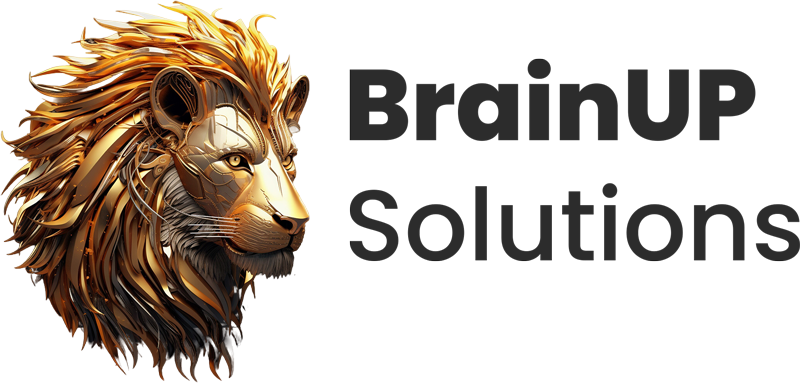Search Engine Optimization (SEO)

Search engine optimization (SEO) is the practice of getting targeted traffic to a website from a search engine’s organic rankings. Common tasks associated with SEO include creating high-quality content, optimizing content around specific keywords, and building backlinks.
In other words:
SEO is all about improving a site’s rankings in the organic (non-paid) section of the search results.
The main benefit of ranking for a specific keyword is that you can get “free” traffic to your site, month after month.
How Search Engines Work
Now it’s time to learn how search engines like Google actually work.
When you search for something in Google (or any other search engine), an algorithm works in real-time to bring you what that search engine considers the “best” result.
Robot Scanning Numerous Websites
Specifically, Google scans its index of “hundreds of billions” of pages in order to find a set of results that will best answer your search.
How does Google determine the “best” result?
Even though Google doesn’t make the inner workings of its algorithm public, based on filed patents and statements from Google, we know that websites and web pages are ranked based on:
Relevancy
If you search for “chocolate chip cookie recipes”, you don’t want to see web pages about truck tires.
That’s why Google looks first-and-foremost for pages that are closely-related to your keyword.
However, Google doesn’t simply rank “the most relevant pages at the top”. That’s because there are thousands (or even millions) of relevant pages for every search term.
For example, the keyword “cookie recipes” brings up 349 million results in Google:
"cookie recipes" – SERPs
So to put the results in an order that bubbles the best to the top, they rely on three other elements of their algorithm:
Authority
Authority is just like it sounds: it’s Google’s way of determining if the content is accurate and trustworthy.
The question is: how does Google know if a page is authoritative?
They look at the number of other pages that link to that page:
Authority judged by number of pages linked
(Links from other pages are known as “backlinks”.)
In general, the more links a page has, the higher it will rank:
More backlinks – Higher ranking
(In fact, Google’s ability to measure authority via links is what separates it from search engines, like Yahoo, that came before it.)
Usefulness
Content can be relevant and authoritative. But if it’s not useful, Google won’t want to position that content at the top of the search results.
In fact, Google has publicly said that there’s a distinction between “higher quality content” and “useful” content.
Distinction between higher-quality content and useful content
For example, let’s say that you search for “Paleo Diet”.
The first result you click on (“Result A”) is written by the world’s foremost expert on Paleo. And because the page has so much quality content on it, lots of people have linked to it.
Unorganised content
However, the content is completely unorganized. And it’s full of jargon that most people don’t understand.
Contrast that with another result (“Result B”).
It’s written by someone relatively new to the Paleo Diet. And their website doesn’t have nearly as many links pointing to it.
However, their content is organized into distinct sections. And it’s written in a way that anyone can understand:
Useful content
Well, that page is going to rank highly on the “usefulness scale”. Even though Result B doesn’t have as much trust or authority as Result A, it will still perform well in Google.
(In fact, it may even rank HIGHER than Result A.)
Google measures usefulness largely based on “User Experience Signals”.
In other words: how users interact with the search results. If Google sees that people really like a particular search result, it will get a significant ranking boost:
Positive user experience boosts ranking
My #1 SEO Tip for Higher Rankings
Create a website that people love! Search engines are designed to measure different signals across the Web so they can find websites that people like most. Play right into their hands by making those signals real and not artificial.
And now it’s time to put this stuff into practice with a step-by-step SEO tutorial.


